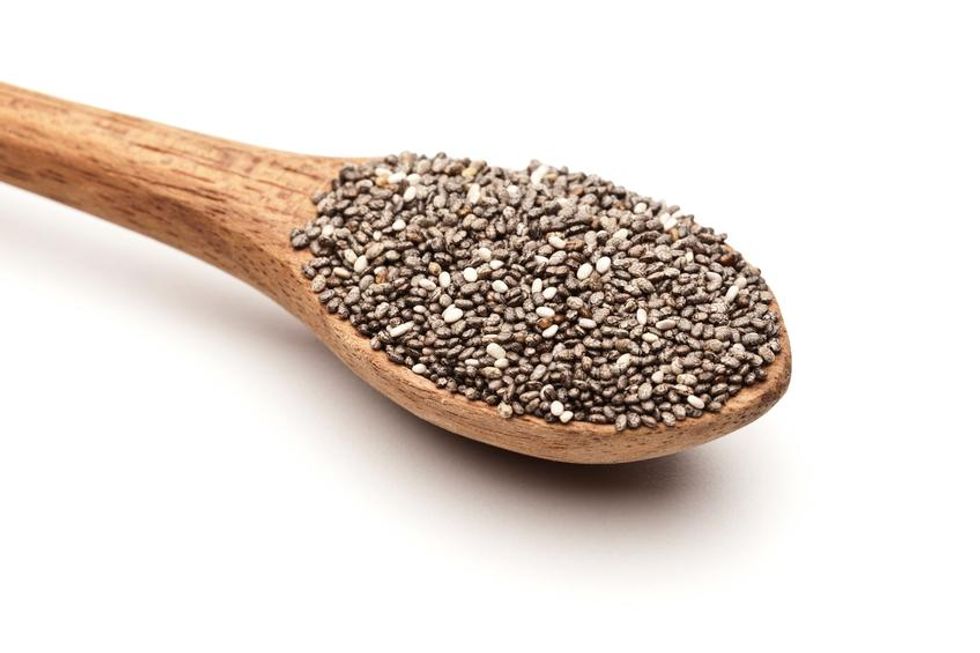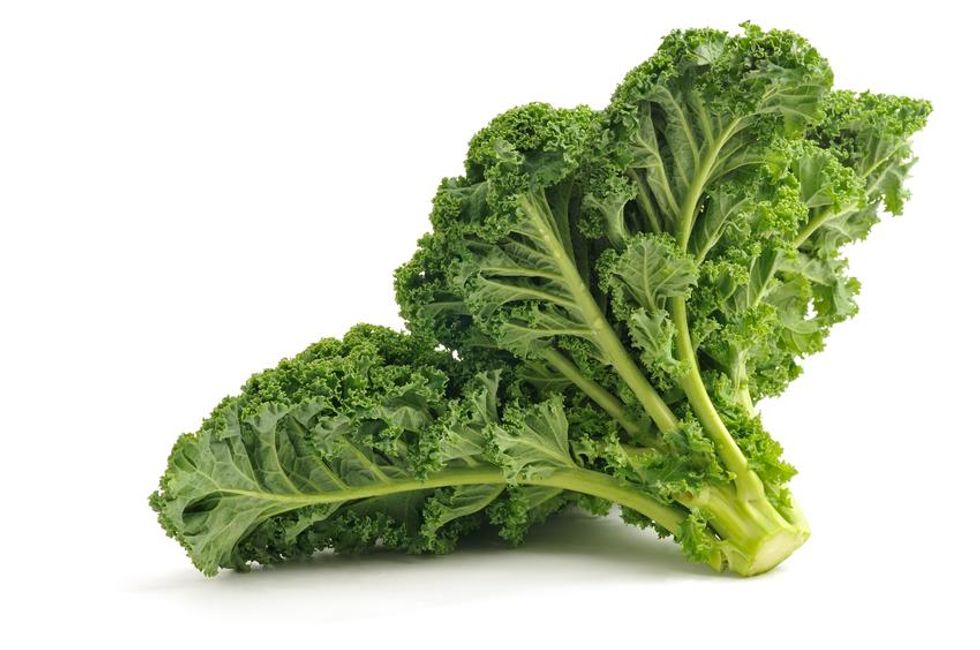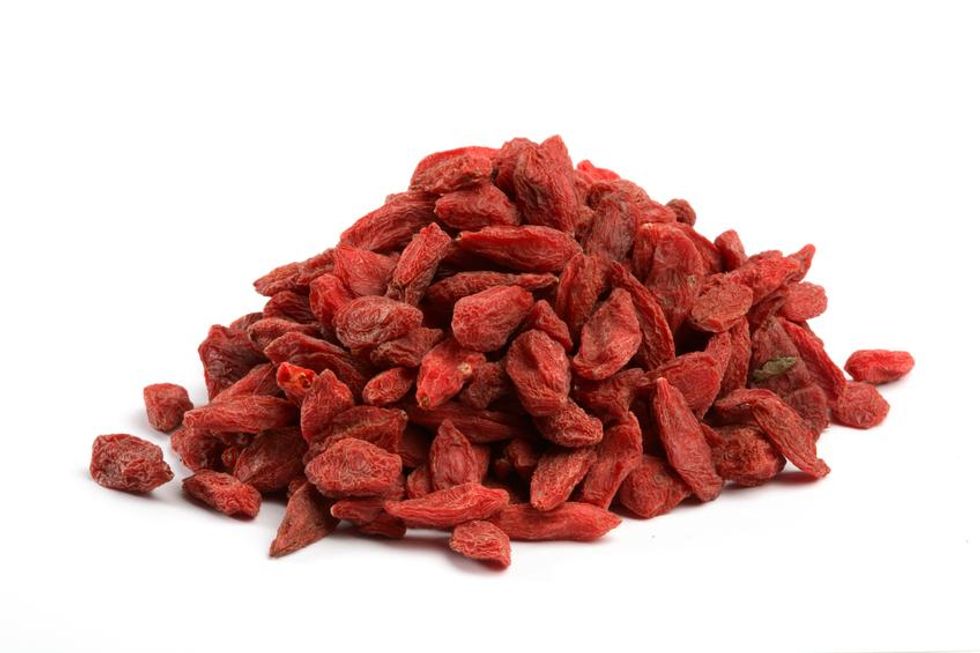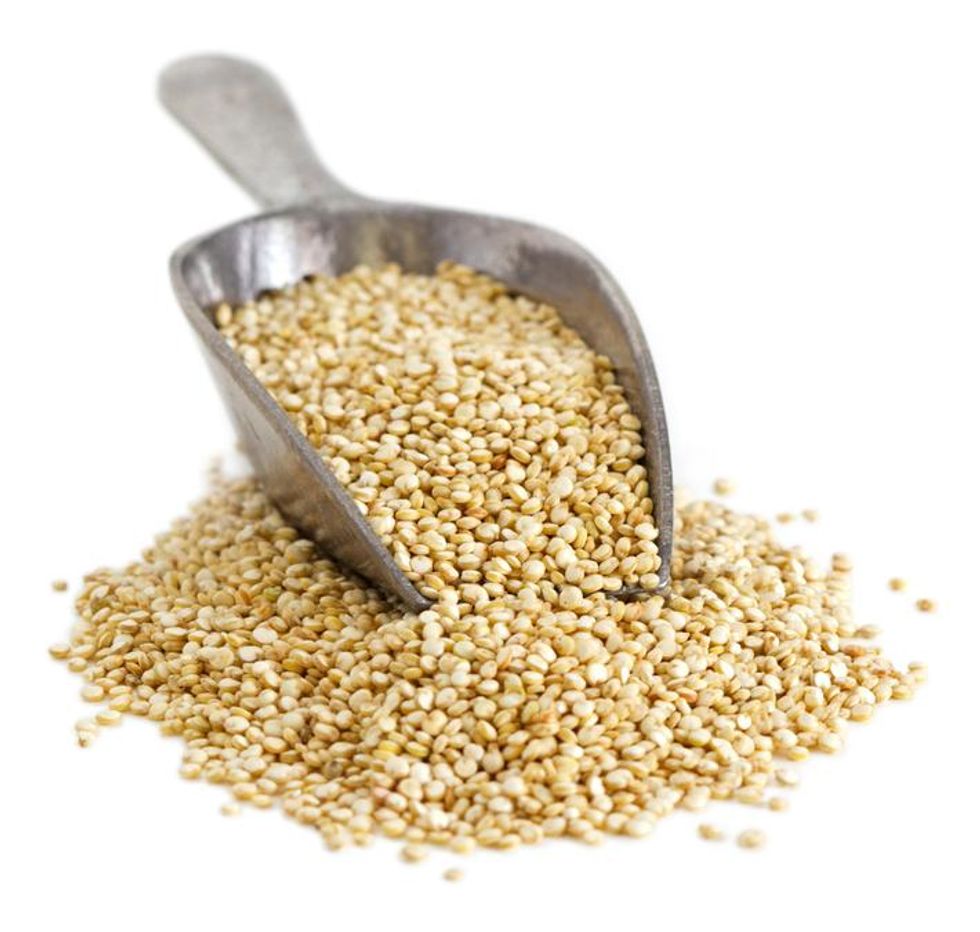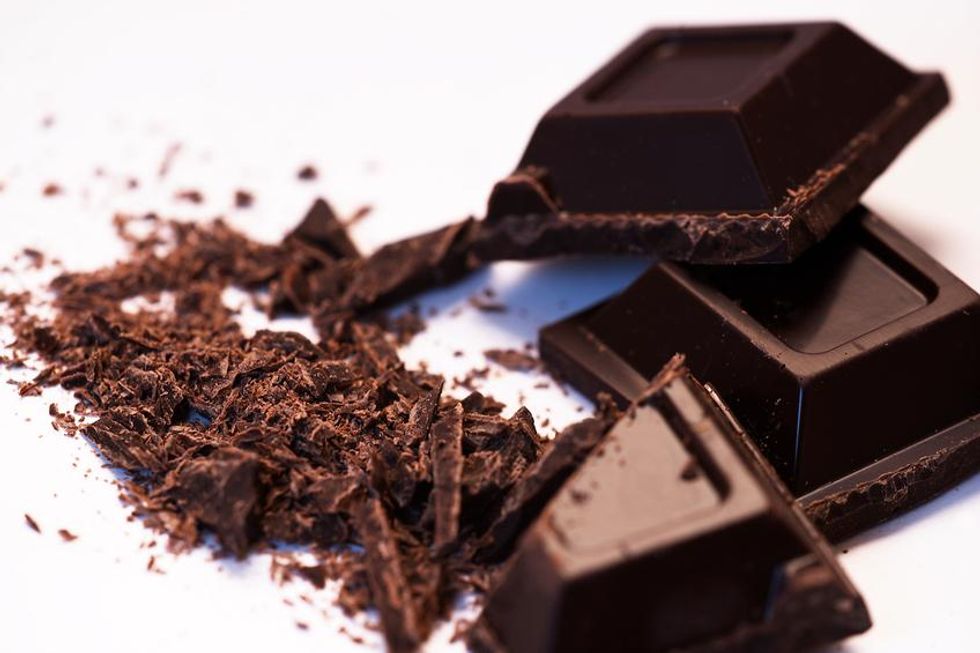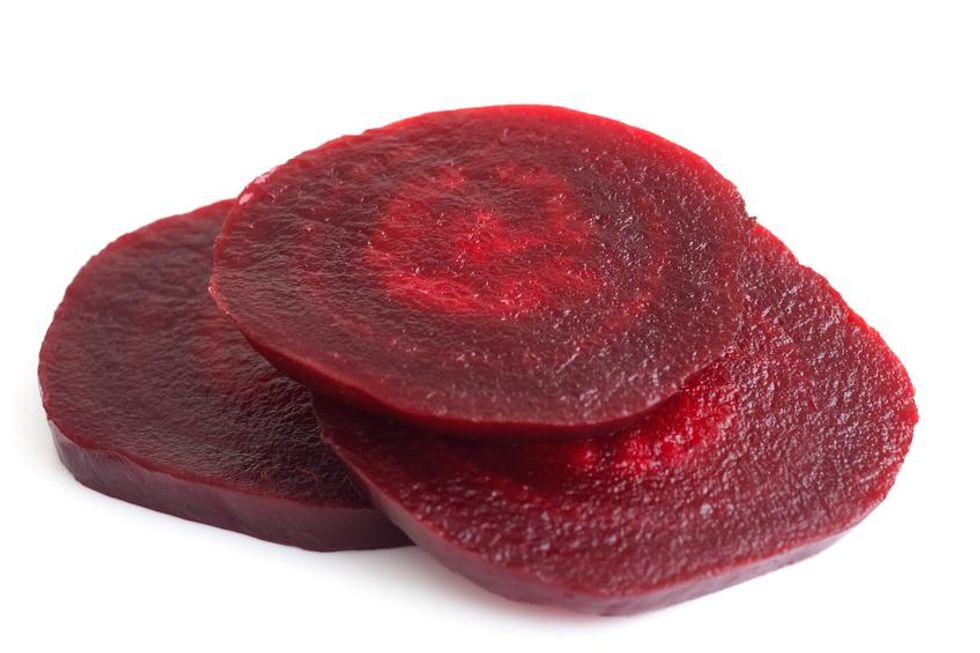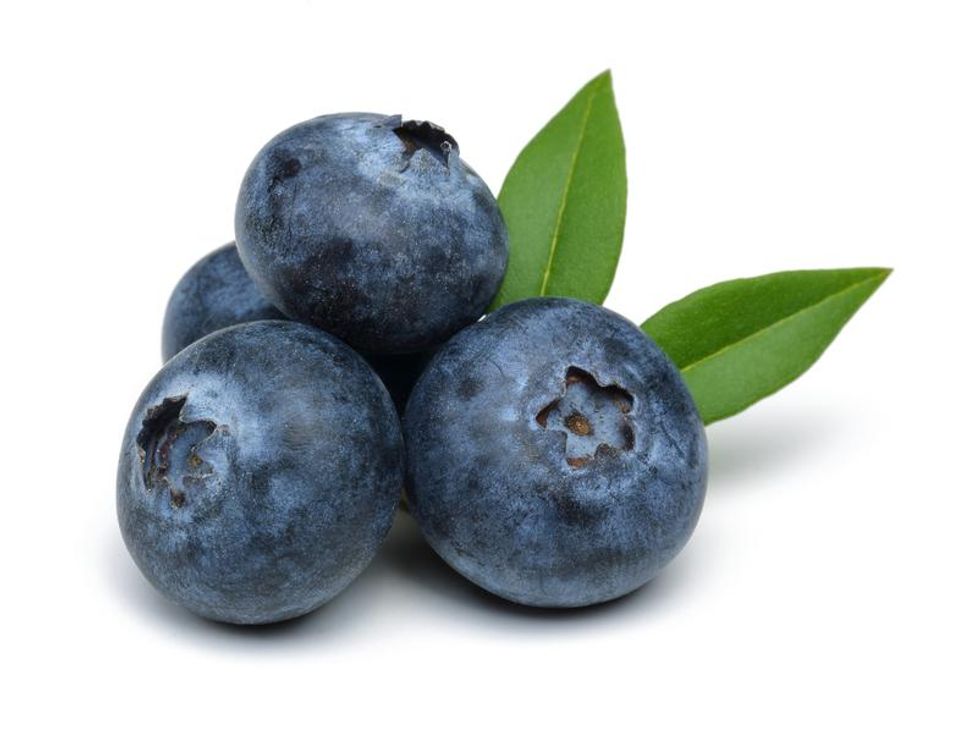News
Joe Vesey-Byrne
Aug 04, 2016
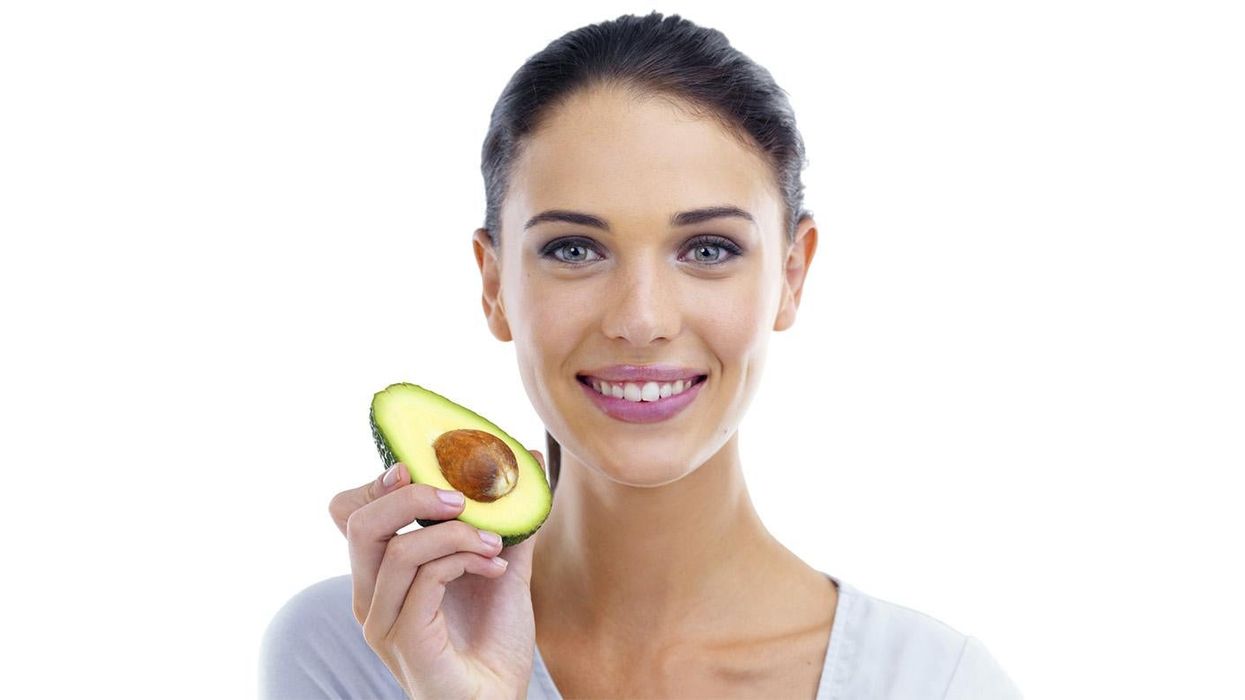
Picture: iStock/Getty
There are foods that we think are good, but are actually really, really bad.
We've all had that sinking feeling when you finally realise a food that was both delicious and healthy is in fact only one of those two things. The two are, as ever, mutually exclusive.
For instance, the dark bit of the avocado is much better for you than the tastier lighter bit.
Yeah. We just ruined avocado for everyone. Deal with it.
In an endeavour to route out the impostors, New Scientist has conducted a study into so called 'superfoods' to see if they live up to their moniker.
Examined under the bright lights of the laboratory were popular foods such as quinoa, coconut water and dark chocolate.
The results showed that many 'superfoods' were not so super, and their health benefits had been greatly exaggerated. Even the foods that did include good nutrients were often sold in a more expensive form than was necessary.
We're sorry to do this to you:
1. Coconut water
This is often marketed as a 'natural' sports drink, but it was found to have no more rejuvenating qualities than regular water. Think of the pounds you've lost thanks to coconut water (sterling).
2. Chia seeds
Sold to consumers as a source of omega-3 fatty acids, these do no pass on as much of the goodness when compared to regular foods, such as salmon. The omega-3 fatty acids, which can reduce the risk of heart disease and depression, cannot help the heart until they are processed, which makes the chia seeds virtually redundant. By contrast the omega-3 in fish oil does not need to be processed before it benefits the heart.
The New Scientist also suggested alternatives, and crucially cheaper alternatives to store bought 'superfoods'.
3. Kale
Brussel sprouts were suggested as good source of glucosinolates (which fight off the risk of cancer), more so than the much-lauded kale.
4. Goji berries
Those looking to relax their ageing eyes with zeaxanthin no longer need to shell out for goji berries, when yellow peppers, spinach and cabbage will do the job for much less money.
The New Scientist also pointed out that the positive properties of goji berries have barely been tested, and the hype relies on it being a 'Chinese medicine'.
'Ooh oriental. Must be good' said all of us. For shame.
5. Quinoa
A lot of these 'superfoods' are ruined by preparation. The cholesterol-busting quinoa loses most of its beneficial chemicals when it is washed or boiled. Thanks, water.
6. Dark chocolate
The fat and sugar contained in dark chocolate can outweigh the positive effect that dark chocolate has on one's blood pressure. Yes, we also are weeping.
7. Beetroot (some good news)
The 'New Scientist' found that beetroot (in moderation) does live up to its 'superfood' credentials. The nitrates in beetroot are good for lowering your blood pressure and improving your metabolism.
However, the magazine did warn that over consumption of beetroot can increase the risk of gastric cancer. Which is not quite as super.
8. Blueberries
The greatest betrayal of all comes from blueberries.
The original 'superfood' supposedly protects the heart, but in fact the beneficial chemical in blueberries struggles to actually enter the blood stream.
So what have we learned? That a quick fix doesn't exist to eating more healthily. If we're really desperate for a quick fix, maybe we should all go back to the multi-vitamin tablets our Mums forced on us before school. Maybe. Maybe not.
More: 10 of the best and worst foods for your sleep
More: Seven 'healthy foods' that are really junk foods in disguise
Top 100
The Conversation (0)
